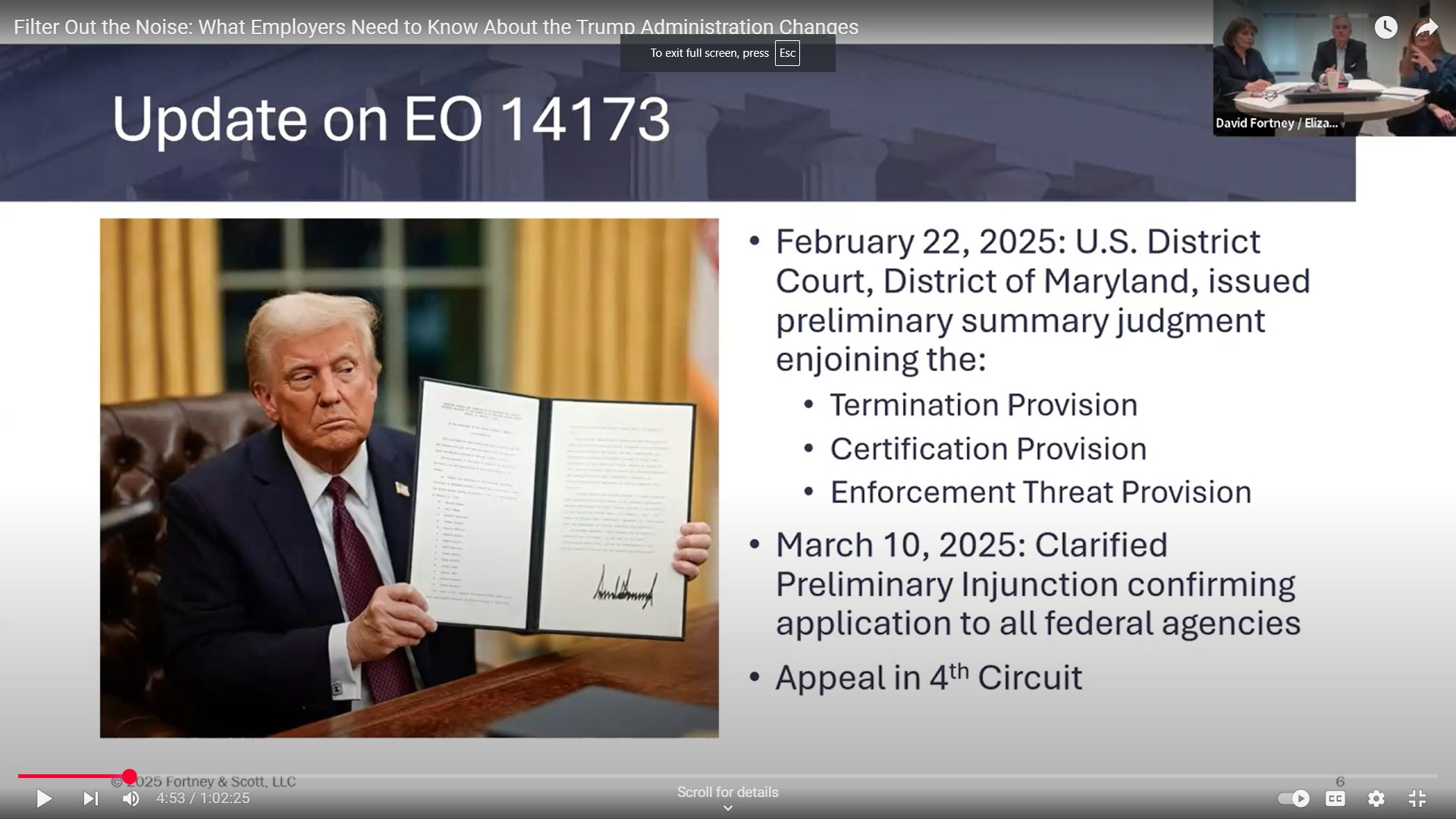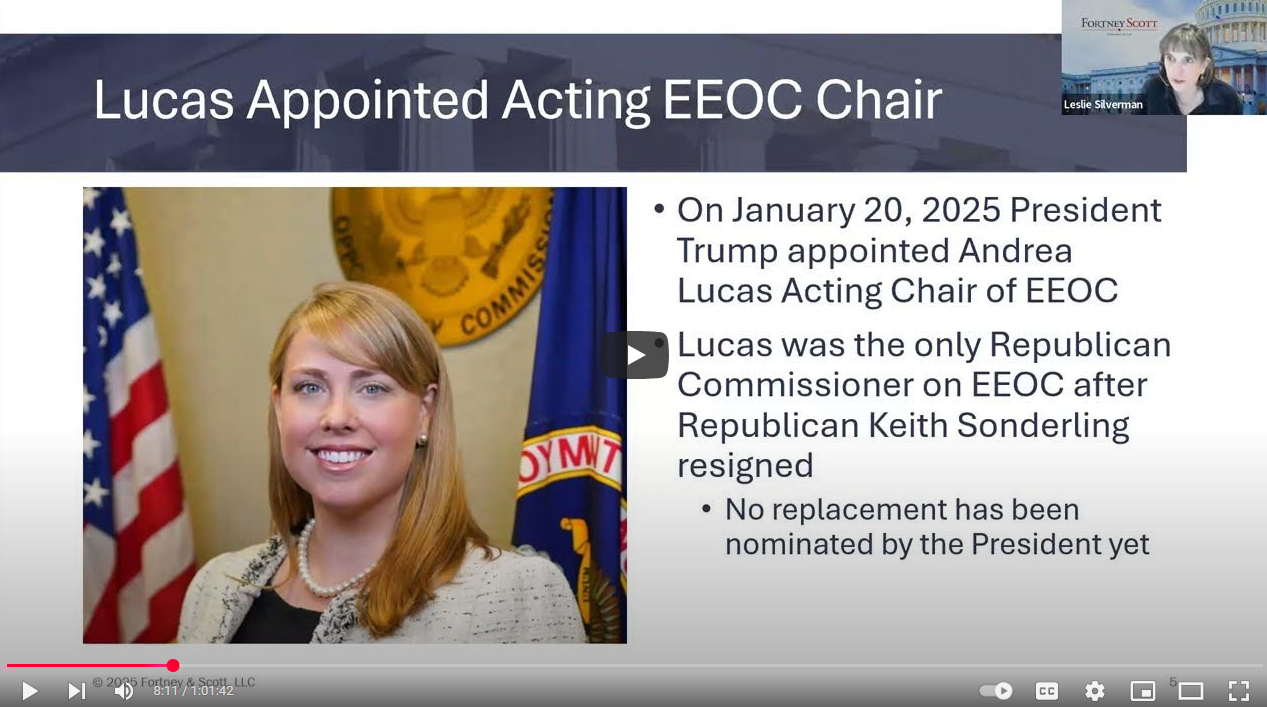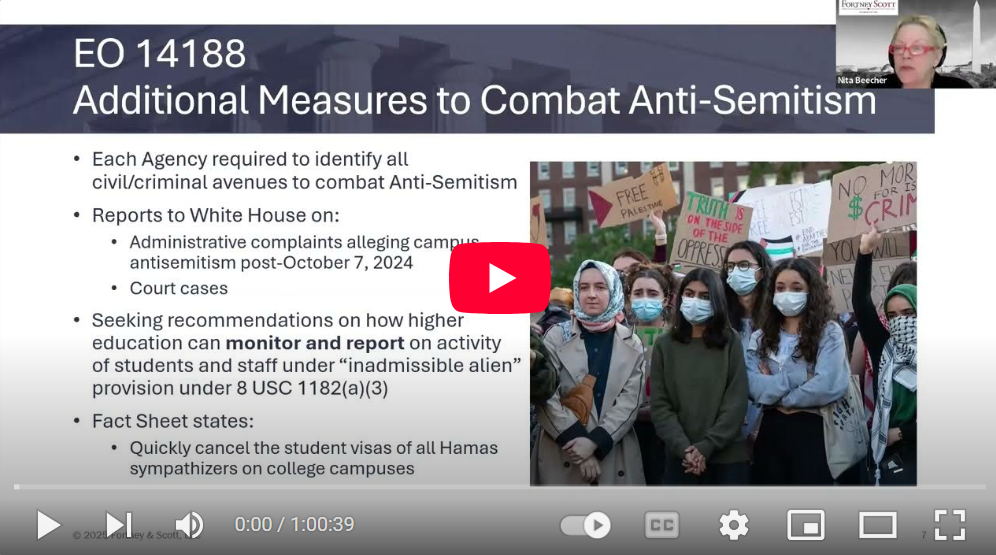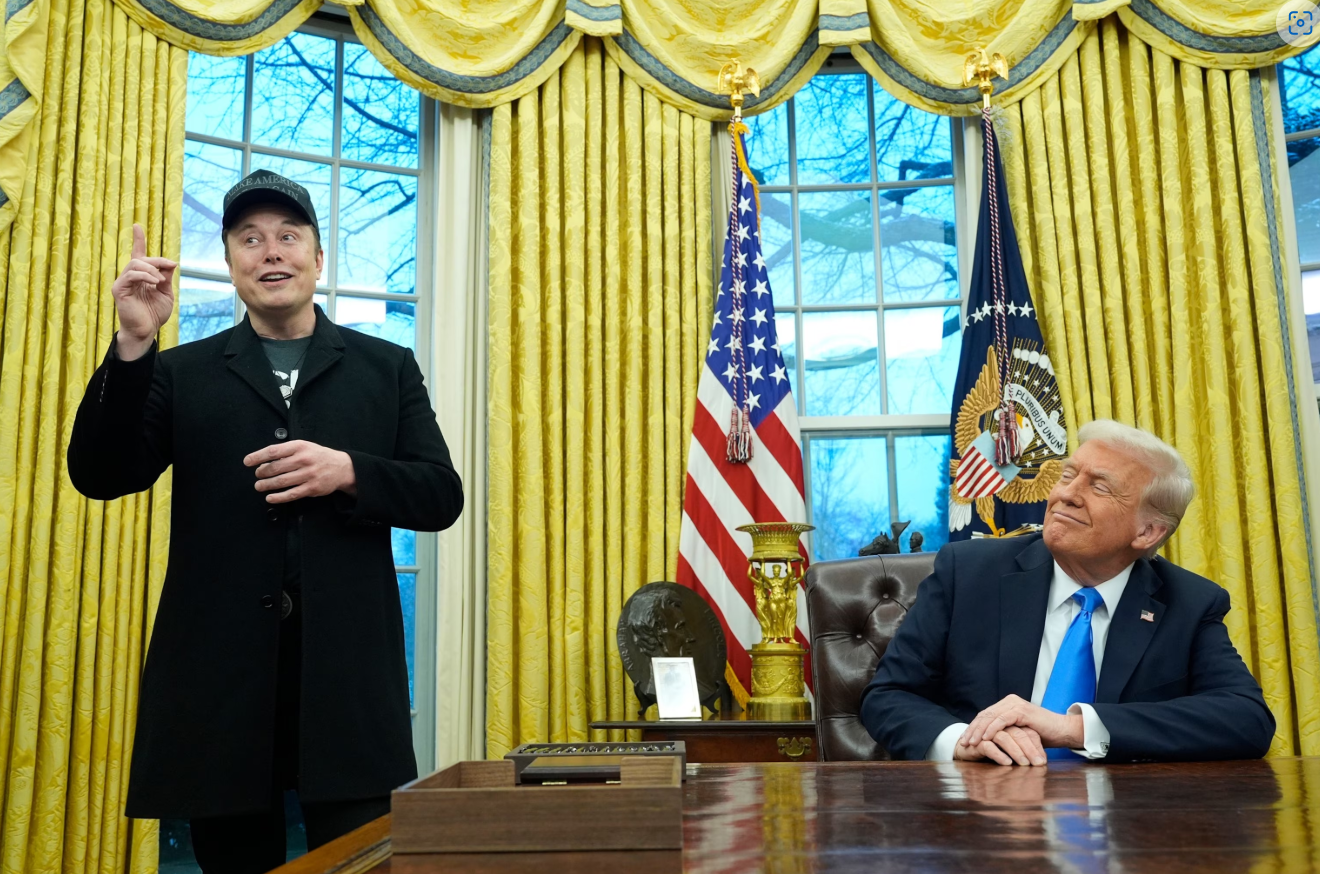March 20, 2025
On March 19, the Department of Justice (DOJ) and Equal Employment Opportunity Commission (EEOC) released two technical assistance documents addressing “unlawful DEI,” a 1-page summary, What to Do if You Experience Discrimination Related to DEI at Work , and a longer question and answer (Q&A) document, What You Should Know About DEI-Related Discrimination at Work . In the documents, the agencies remind employees and employers that Title VII prohibits employment discrimination based on protected characteristics, such as race and sex, and that any decisions motivated, in whole or in part, by a protected characteristic are unlawful. The EEOC press release reiterates that “[t]he widespread adoption of DEI, however, does not change longstanding legal prohibitions against the use of race, sex, and other protected characteristics in employment” and the accompanying DOJ press release notes that “[u]nder Title VII, DEI initiatives, policies, programs, or practices may be unlawful if they involve an employer or other covered entity taking an employment action motivated—in whole or in part—by an employee’s or applicant’s race, sex, or another protected characteristic.” The EEOC’s technical assistance document also states that Title VII’s protections apply equally to all workers not just to minority groups. Finally, these official documents provide employees, who question their employers’ DEI practices, with instructions on how to file charges with the EEOC. In the technical assistance document, the EEOC provides the following examples of DEI practices that could be considered to violate Title VII: “Balancing” a workforce based on protected characteristics was provided as an example of unlawful conduct; DEI training may give rise to a colorable hostile work environment claim if a reasonable person would consider it intimidating, hostile, or abusive; Opposition to DEI training may be a protected activity if the employee believes that the training violates Title VII; and, Employee resource groups (ERGs), or similar programs, may violate Title VII’s prohibition of segregating employees if they are not open to all. Although the Supreme Court has not yet ruled on whether an “operational need” for diversity can justify voluntary affirmative action efforts under Title VII, the EEOC is taking the position that a company’s “diversity interest” is not a bona fide occupational qualification (BFOQ) justifying decisions based on protected characteristics. Should you have any questions regarding these or other developments, please contact your FortneyScott attorney. For additional information, be sure to visit FortneyScott’s website and the new Resource Page on Compliance with Trump Administration Changes, including our prior Webinars and Podcasts .
















